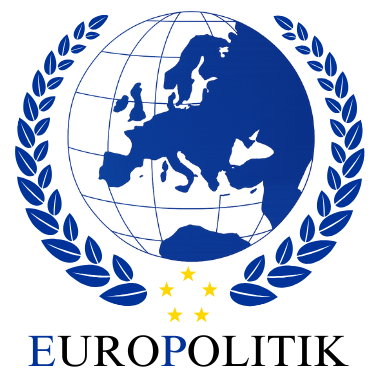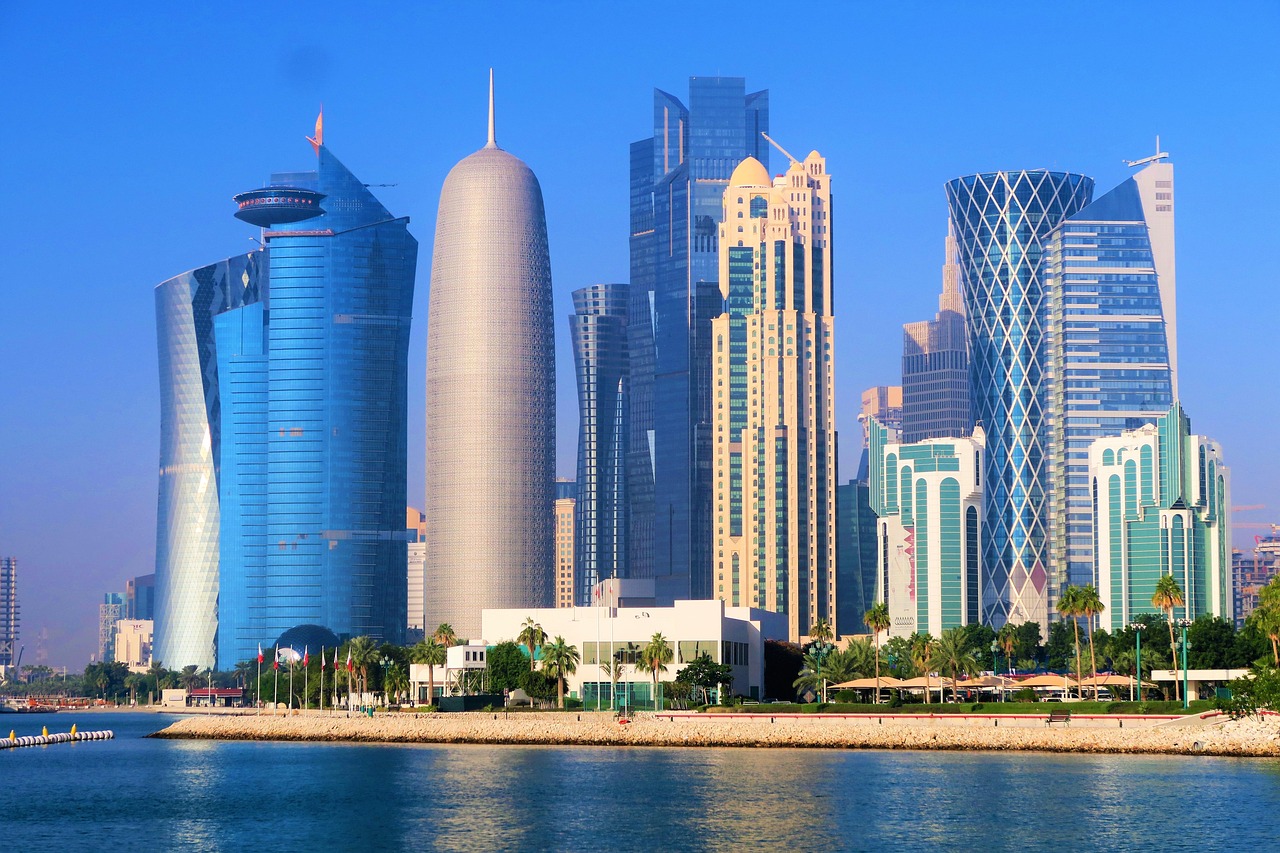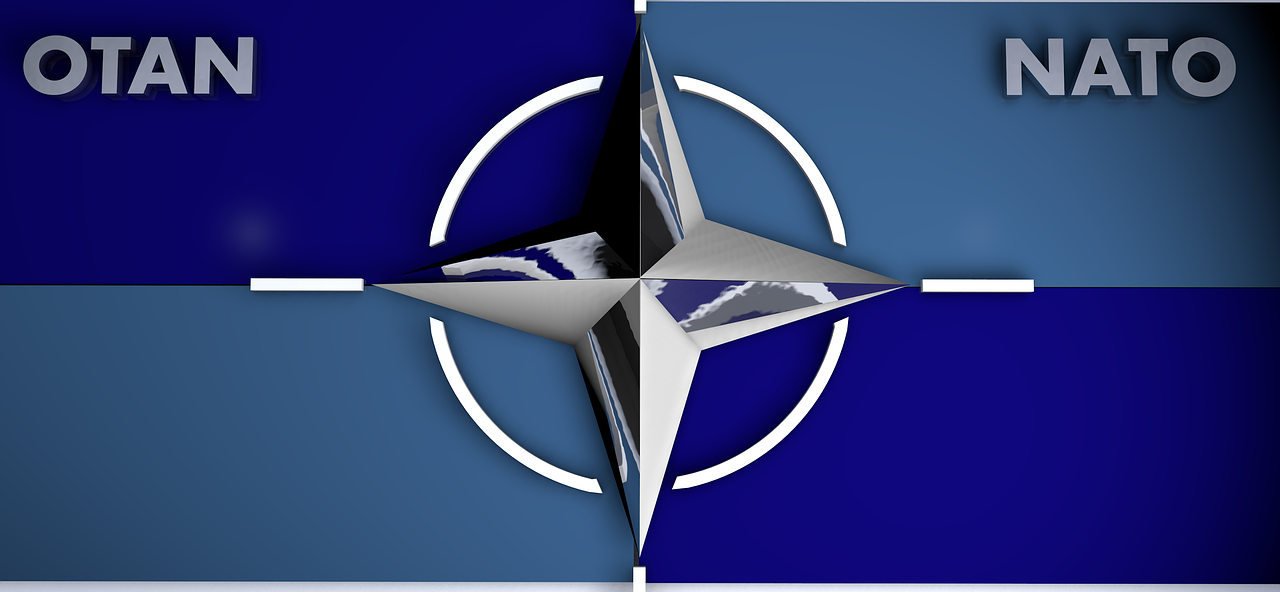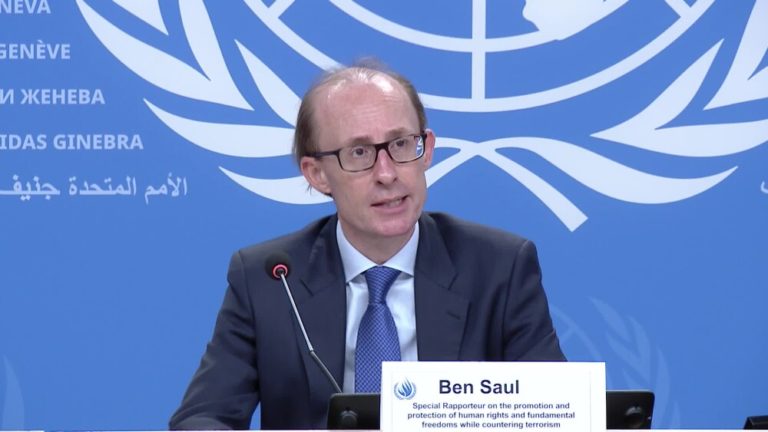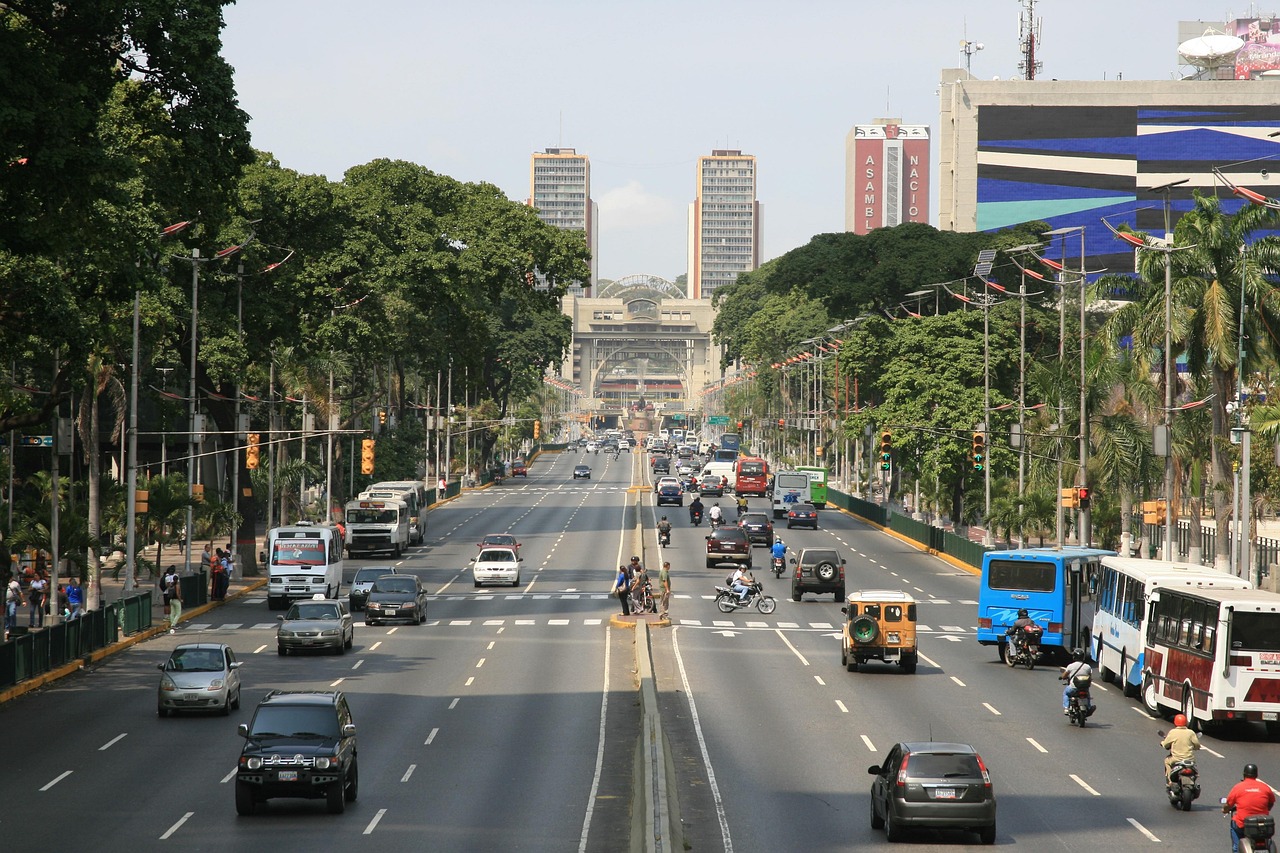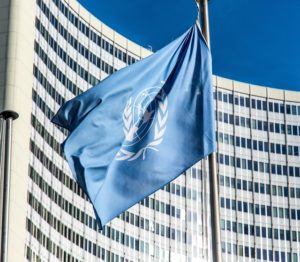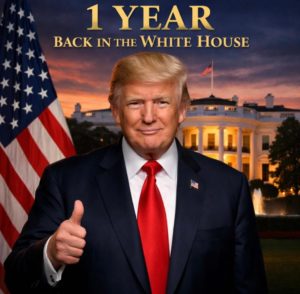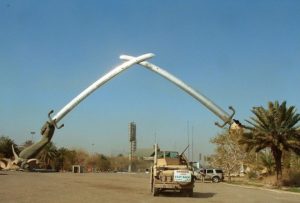Strategic twists and shifting alliances are not unusual in the Middle East, but few could have imagined a rupture in the relationship between Washington and the Gulf monarchies — long considered a pillar of regional stability. Yet, after the Israeli strike on Doha in September, which the United States did not prevent, the entire Gulf began to tremble: not only at Israel’s power, but also at the fear that Washington, guarantor of much of their sovereignty and independence, might turn its back on them.
One image has already entered the annals of Middle Eastern diplomacy. On September 29, Benjamin Netanyahu, back at the White House with a grim face, was forced to pick up the phone and call Qatar’s foreign minister to apologize for the strike on Doha. A humiliating act of contrition, widely reported by the media, where the Israeli prime minister was described as making the call under Donald Trump’s watchful presence, the receiver resting on his lap as if to remind the world who really pulls the strings. The episode demonstrates how, despite the shock and humiliation, Qatar remains a cornerstone of America’s Middle Eastern strategy.
Since then, the U.S. president has signed a historic executive order aimed at guaranteeing and formalizing the continuity of America’s policy: to ensure the security and, above all, the territorial integrity of Qatar against any external aggression. A rapid reconciliation with the Emir of Qatar was deemed essential in order to move forward with Trump’s much-touted peace plan, especially as Doha remains the indispensable interlocutor for the most problematic party: Hamas.
A Shocked Gulf, an American Umbrella Shaken
The strike on Doha reverberated like an earthquake across the region. It reminded all of Washington’s allies in the Gulf that they, too, could become targets. Riyadh, Abu Dhabi, Manama, and Kuwait City suddenly saw their confidence in the American “umbrella” — supposed to guarantee their security for decades — deeply shaken. If Qatar, host to the largest U.S. military base in the region, could be struck, then no state could feel fully protected. The attack exposed a serious flaw in the American defense shield and revealed the vulnerability of regimes whose very survival rests on that pact.
The official explanation from U.S. Secretary of State Marco Rubio, claiming he had been unable that day to reach Qatar’s prime minister and foreign minister, convinced no one. The truth was evident: Washington had failed to prevent an escalation that put its most loyal ally at risk.
And the stakes are high. Qatar is not just another ally; it has long embodied America’s projection of power in the Middle East — a strategic partner whose loyalty, despite occasional independent stances, has never wavered in Washington’s favor.
An Alliance Rooted in History
The ties between the United States and Qatar are among the deepest in the region. As early as the Gulf War in 1990, Doha opened its territory to American forces. Over the years, this cooperation expanded with the establishment of Al-Udeid air base, which became the central hub of U.S. military operations across the Middle East. More than a marriage of convenience, a genuine strategic alliance was forged, intertwining energy, military, and diplomatic interests.
With its vast gas resources and strategic geography, Qatar made itself indispensable. For Washington, Doha became a reliable ally in a volatile region, capable of mediating between sworn enemies while anchoring a permanent U.S. military presence. Qatar was entrusted with engaging interlocutors deemed “untouchable” by the international community — from the Taliban to Hamas leaders. For Doha, the alliance serves as an insurance policy, deterring potential aggression from its more powerful neighbors.
The Prelude to a New Diplomatic Sequence
Netanyahu’s reluctant apology to Doha, under Trump’s vigilant gaze, was more than a moment of humiliation. It opened the door to a new diplomatic sequence. By reestablishing a minimum of trust between Israel and Qatar, Washington sought to restore the channels of negotiation essential for engaging Hamas.
This reconciliation is the prelude to Donald Trump’s much-discussed peace plan, praised by Europeans, Americans, moderate Arab states, and even segments of Israel’s opposition. But time is short: Trump has given Hamas only a few days to respond, conditioning the next steps on the release of hostages and the cessation of fighting. The immediate future of Gaza hinges on this decision.
And if Trump manages to secure a deal before October 7 — the second anniversary of Hamas’s deadly assault on Israel — it would be a political jackpot. Qatar, which has already announced several meetings in Doha on the subject, once again emerges as the diplomatic center of gravity. Without it, no serious dialogue with Hamas is possible. Despite strikes, despite humiliation, Doha remains indispensable to any prospect of a ceasefire, perhaps even to a fragile peace in a region where every step forward is shadowed by the constant threat of renewed violence. The world now waits for Hamas’s response.
